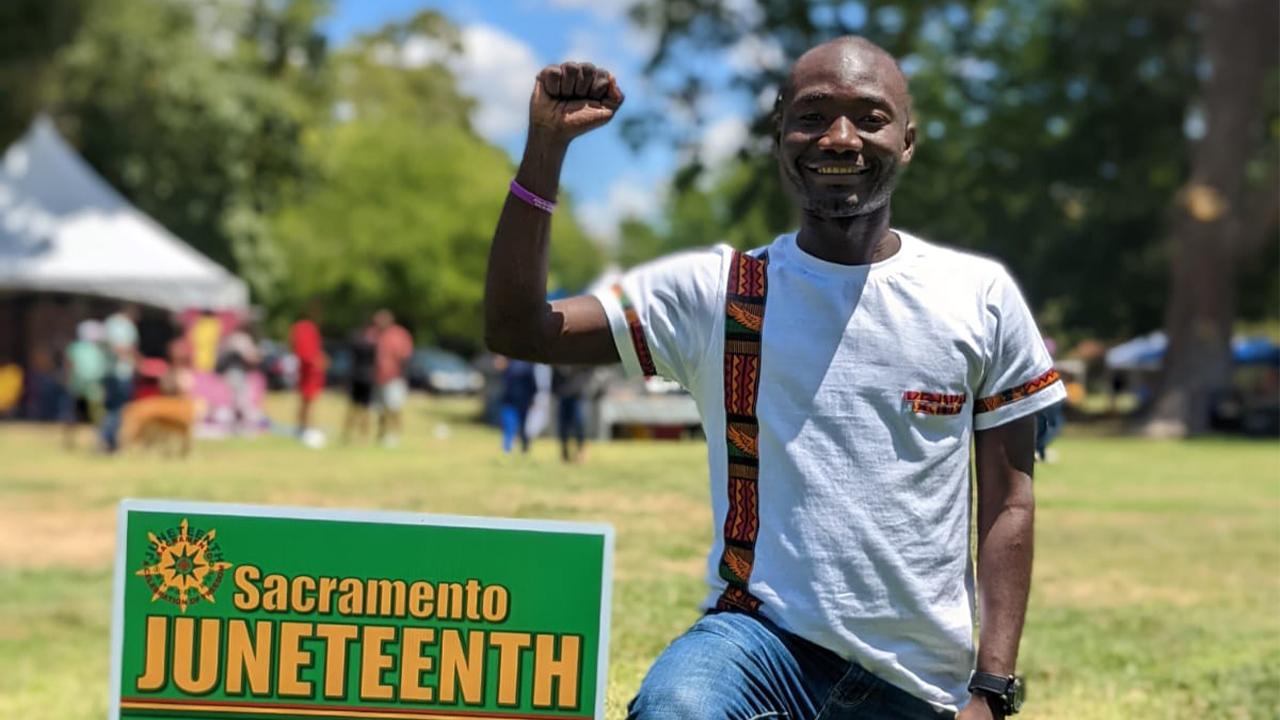
Meet Zengani Mbambara, 2022 Mandela Washington Fellow
Zengani Mbambara
What motivates you?
About Zengani Mbambara
Pronouns: he/him
Country: Zambia
Occupation: Environmental Engineer
Field: Formulating environmental management plans, inspecting civil works, natural resources management and rural development, water resources management and sanitation services (WASH), conducting environmental impact assessments and climate change adaptation.
The desire to improve the livelihoods of rural communities in Zambia, which have been significantly hit by the effects of climate change and environmental degradation. Knowing that I can offer my knowledge and expertise to help them lead sustainable lives on their farms is my daily motivation to work hard, study, and research so that I can be of the best service to them.
What drew you to your professional field?
In my first year of study in a chemistry course, the professor explained that the Kafue River (a local river in Kitwe) had been polluted by heavy metals over the years. The Kafue River is now a hazard for the organisms that depend on its water and the levels of pollution are increasing every year. He told us to measure the chemical parameters of water, measure again after six months, and then compare our two sets of results. The amount of heavy metals and other dissolved solids showed a 10% increase. The findings prompted the question "what can scientists like us do to solve this predicament and protect river systems like this one?" It was at this point that I decided to study environmental engineering to be of service to Zambia by protecting the environment. In addition, I think my love for geography and nature helped me venture into this field.
What is something from your country that you would like to share with the UC Davis community?
The status of the agriculture sector in Zambia. For over 50 years, agriculture has been dominated by the growing of maize as a source of nutrition and to generate revenue. It is important to note that while 70% of subsistence farming is driven by rural women, they don't fully benefit from selling the produce after harvesting due to gender disparities. For the past five years, the effects of climate change (such as droughts and infestation of pests) have resulted in poor harvests of maize that threaten the livelihoods of over six million subsistence farmers in Zambia. This has resulted in a deliberate initiative by the government and private sector to introduce alternative agriculture activities, such as fisheries, livestock keeping, and the sale of wild fruits. However, this shift is a challenge for most farmers, as they feel they don't have the expertise to venture into new activities.
How would you like to engage with UC Davis and the community here?
I would love to hear about their stories and issues in the agricultural sector relating to climate change, compare our similarities and challenges, and formulate possible solutions that can work for both Zambia and the United States. I would like to talk to some farmers and professors in the environmental sector and different companies working on sustainability. In addition, I want to grow my network to create long-term collaborations that can help me in researching and formulating solutions to some of the daily challenges I encounter in my professional work. Community work is also important to me; I want to volunteer for good causes at UC Davis, such as tree planting, recycling and community advocacy on climate change.